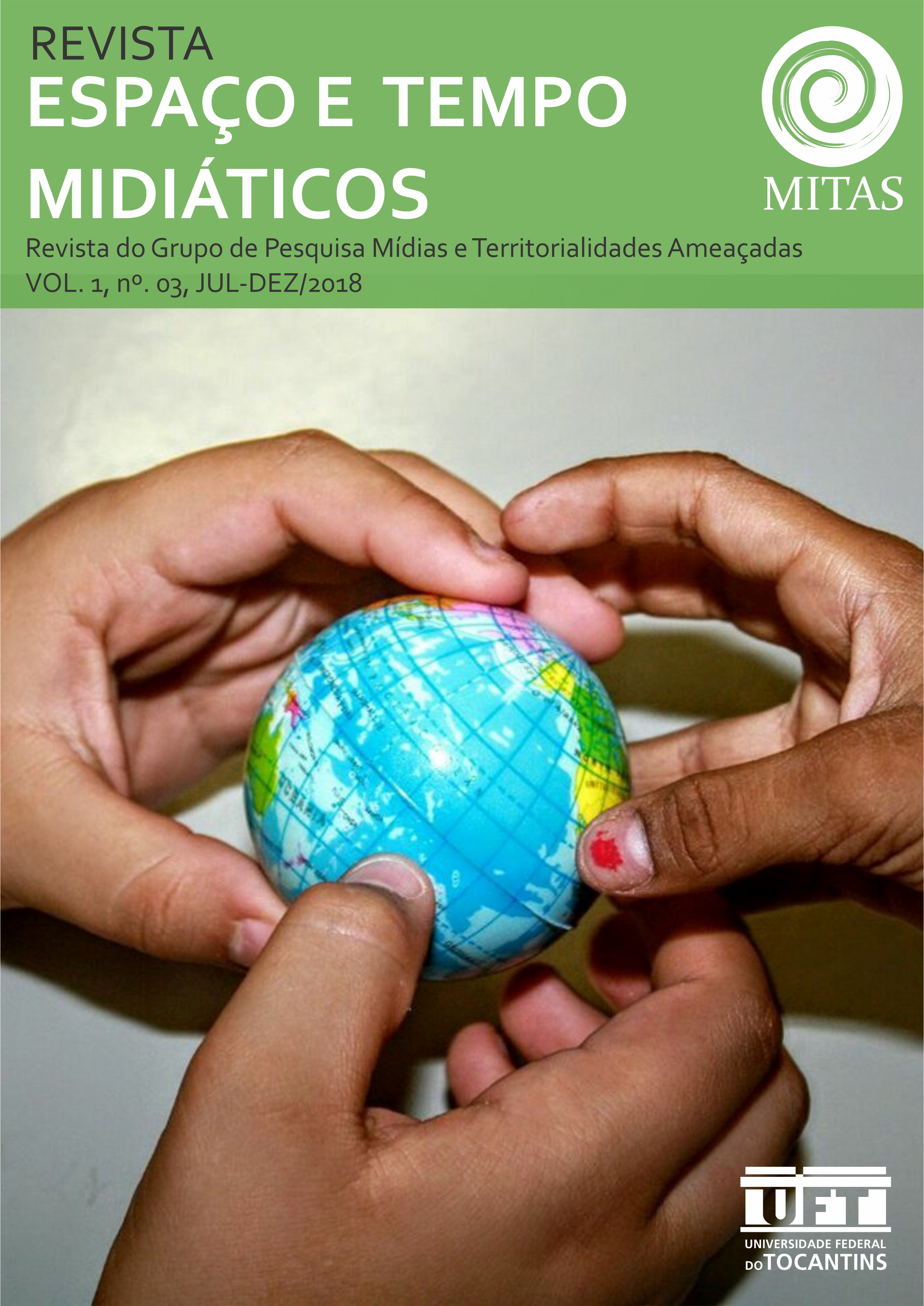THE Impact of the non-implementation of quilombola school education and its relation to the losses of traditional practices and knowledge
Keywords:
Quilombola Education, High School, Traditional Knowledge and PracticesAbstract
This article aims to bring discussions about the impact of non-implementation of Quilombola School Education and its relation with the losses of traditional knowledge and practices, in interface with the sociocultural reality of the municipality of Antônio Cardoso-BA. In this way, a brief approach was presented to the historical formation of Antônio Cardoso and his respective quilombola communities, bringing to the discussion the definition of quilombo, in order to understand the process of social and political construction of Quilombola Education and its space of struggle and experience. Thus Law 10.639 / 2003, the Statute of Racial Equality, and Educational Policies concerning Quilombola Education were presented. The reality of Antônio Carlos Magalhães State College, located in the municipality of Antônio Cardoso-BA, was also presented. Finally, we present the traditional knowledge and practices of quilombola communities. Thus, the study presented here is the result of analyzes and observations made in previous field research carried out in the communities and at the school, as students of the school unit and residents of one of the quilombola communities. The bibliographic survey was conducted through interviews and conversations with the research subjects, in this case, the students. Therefore, through the collection and analysis of the data, the real need for a dialogue on the importance of the implementation of a curriculum focused on Quilombola Education that could contribute to the school as the space of students' so that they value their identities
References
BRASIL. Diretrizes Curriculares Nacionais para a Educação Quilombola. Parecer CNE/CEB nº 16 de 2012. Resolução nº 08, de 20 de novembro de 2012.
BRASIL. MEC. Diretrizes Curriculares Nacionais para a Educação das Relações Étnico-Raciais e para o ensino de História e Cultura Afro-Brasileira e Africana. Brasília: outubro de 2009.
BRASIL. Decreto nº 4887, de 20 de novembro de 2003. Regulamenta o procedimento para identificação, reconhecimento, delimitação, demarcação e titulação das terras ocupadas por remanescentes das comunidades dos quilombos. Brasília: 2004.
BRASIL. Diretrizes Curriculares Nacionais Gerais para a Educação Básica. Brasília: Conselho Nacional de Educação. Brasília: 2010.
BRASIL. Estatuto da Criança e do Adolescente. Lei 8.069/90, de 13 de julho de 1990.
BRASIL. Lei 9394/96. Lei de Diretrizes e Bases da Educação Nacional. Brasília: MEC, 1996.
BRASIL. Lei nº 10.639, de 09 de janeiro de 2003. Diário Oficial da União de 10 de janeiro de 2003.
CAMPOS, L. R. Educação Escolar Quilombola e o currículo escolar histórico-cultural: olhares sobre as práticas educativas de um quilombo em São Miguel (PA); Belém, 2002.
GUSTIN, M. B. S.; DIAS, M. T. F. (Re) pensando pesquisa jurídica. Belo Horizonte: Del Rey, 2002.
HALL, S. Quem precisa da identidade? In: SILVA, Tomaz Tadeu da.(org.) Identidade e diferença. A perspectiva dos estudos culturais. Petrópolis: Vozes, 2000
MOSCOVICI, On Social Representation. In: FORGAS, J. P. Social Cognition: perspectives on everyday understanding. Londres: Academics Press, 1981.
NETO, C. S; SOARES, E; COQUEIRO, E. Do quilombo à escola: ancestralidade e práticas pedagógicas. Curitiba: 2007
PEREIRA, B. S; ALMEIDA, T. S. O Fortalecimento da Identidade Negra e Quilombola em Antônio Cardoso. Salvador: SEC/BA, 2015. SANTOS, O.A. “A Produção do espaço rural no Estado da Bahia: uma leitura da concentração fundiária de comunidades quilombolas do município de Antônio Cardoso”. Anais XVI Encontro Nacional dos Geógrafos. Crise, Práxis e Autonomia: Espaços de Resistência e de Esforços. Espaço de Diálogos e Práticas. Porto Alegre: ENG, julho/2010.
SILVA, V. S. Rio das Rãs e Mangal: Feitiçaria e poder em territórios quilombolas do Médio São Francisco. Salvador, 2010. Tese (Doutorado) Universidade Federal da Bahia, Faculdade de Filosofia e Ciências Humanas.
SOARES, E. L. R. As vinte e uma faces de Exu na filosofia afrodescendente da educação: imagens, discursos e narrativas. Fortaleza, 2008. Tese (Doutorado) Universidade Federal do Ceará.
SODRÉ, M. Claros e Escuros – identidade, povo e mídia no Brasil. Petrópolis: Vozes, 2000. SOUZA, S. P. Educação Escolar Quilombola: as pedagogias quilombolas na construção curricular. Salvador, 2015
Downloads
Published
How to Cite
Issue
Section
License
Os originais aceitos e publicados tornam-se propriedade da revista, sendo vedada sua reprodução total ou parcial, sem a devida autorização da Comissão Editorial, salvo para uso em estudo e pesquisa.



